Palin at the Catholic shop

Labels: Palin
I am a Catholic layperson and Secular Franciscan with a sense of humor. After years in the back pew watching, I have moved into the choir. It's nice to see faces instead of the backs of heads. But I still maintain God has a sense of humor - and that we are created in God's image.

Labels: Palin
 But the latest buzz is Alaska Governor Sarah Palin. Think of the spark such a choice would provide for the campaign - it would knock Obama out of the headlines.
But the latest buzz is Alaska Governor Sarah Palin. Think of the spark such a choice would provide for the campaign - it would knock Obama out of the headlines.
 the latest born just this year with Down Syndrome. Her oldest son is in the Army and will be deployed to Iraq in September. I think this family can match up to the Obamas in the all-important "cute kids/nice-looking family" competition. The son in Iraq would trump Biden's son being deployed.
the latest born just this year with Down Syndrome. Her oldest son is in the Army and will be deployed to Iraq in September. I think this family can match up to the Obamas in the all-important "cute kids/nice-looking family" competition. The son in Iraq would trump Biden's son being deployed.Labels: Palin
I think the last line can also be applied to Barack Obama and Joe Biden. I can't in good conscience vote for this ticket, and I can't imagine any pro-lifer or orthodox Catholic doing so.

Labels: Secular Franciscans
Labels: novel


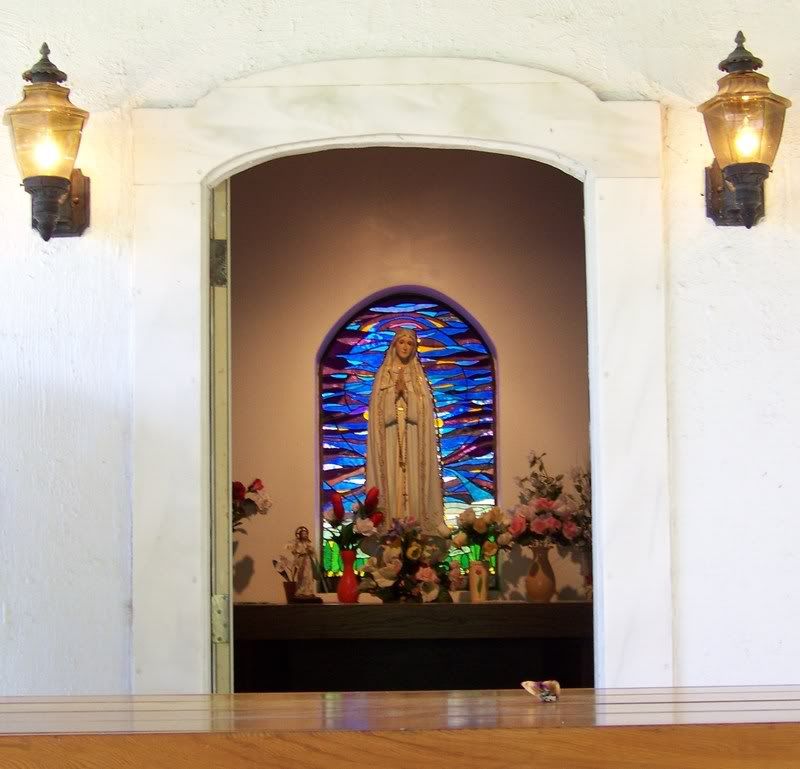
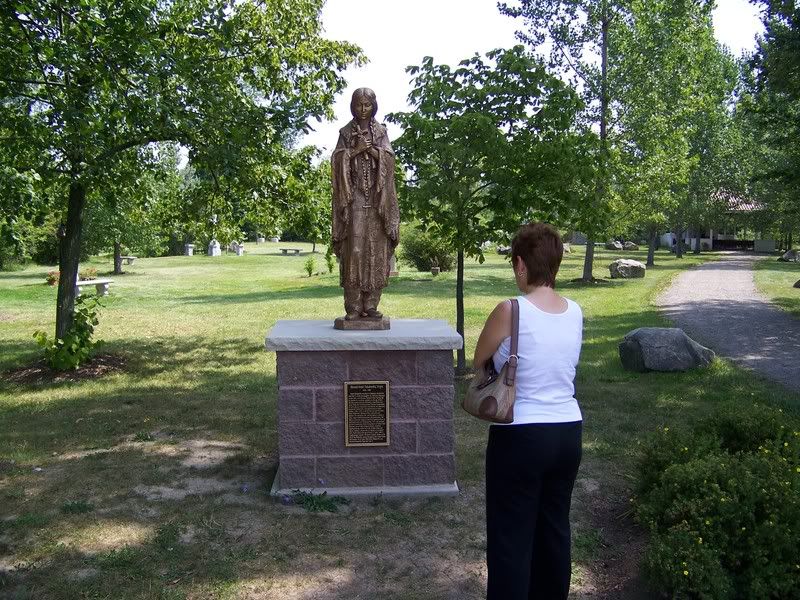
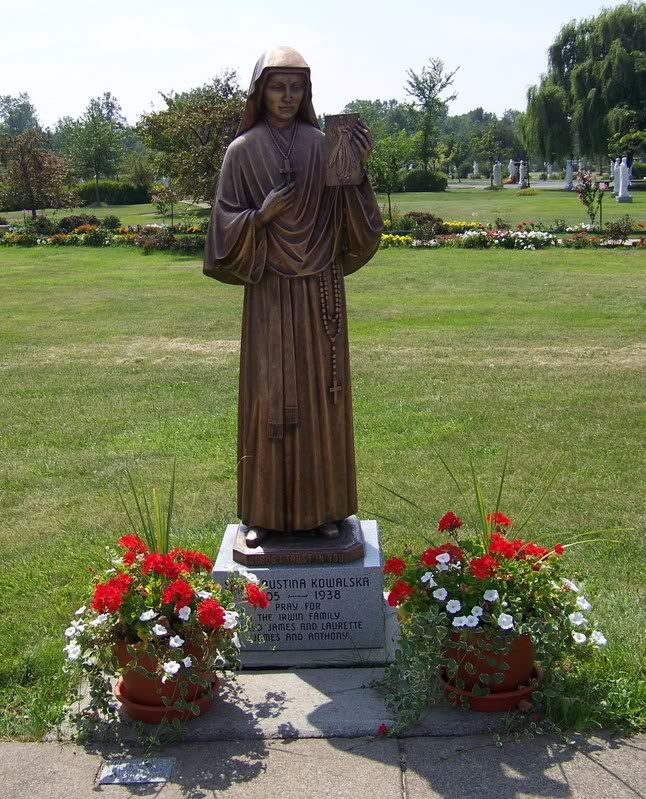
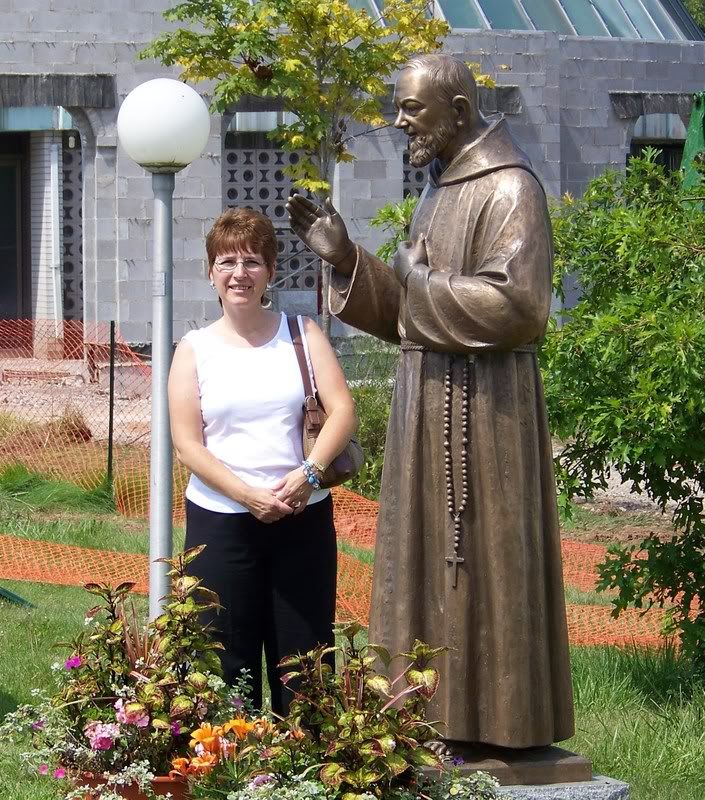
Labels: Fatima Shrine
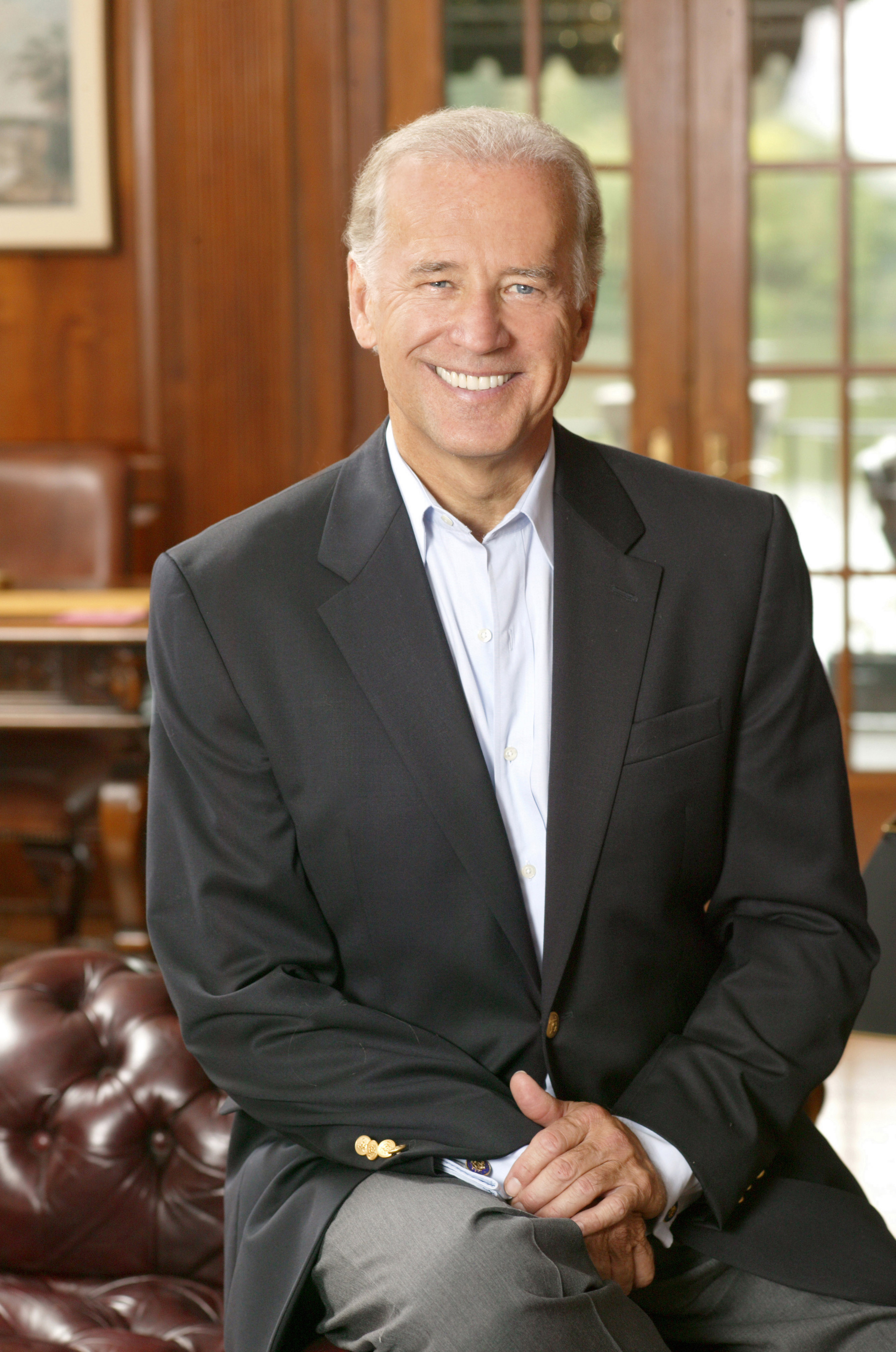
 The only guy on the other side who’s qualified is John McCain.
The only guy on the other side who’s qualified is John McCain.  I mean, you got the first mainstream African-American who is articulate and bright and clean and a nice-looking guy.
I mean, you got the first mainstream African-American who is articulate and bright and clean and a nice-looking guy.  The next Republican that tells me I'm not religious, I'm going to shove my rosary beads down their throat.
The next Republican that tells me I'm not religious, I'm going to shove my rosary beads down their throat.  I strongly support Roe v. Wade.
I strongly support Roe v. Wade. 
Labels: orthodox


Labels: Franciscan, Maggie, Secular Franciscans
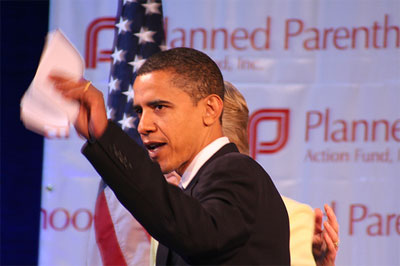 However, his answer on stem cells brought back a movie memory.
However, his answer on stem cells brought back a movie memory.
My mind works that way.
One of his arguments was that they would be using embryos that were going to be discarded anyway. I suddenly thought of the movie Soylent Green. In the movie, Soylent Green is a food fed to people on an overpopulated future Earth. Charlton Heston plays a cop who in the process of investigating a death finds out how Soylent Green is made.It seems that when people die, their bodies are processed into Soylent Green and fed to the living.
The bodies were just going to burned or buried anyway, right?
The movie ends with Heston warning others about Soylent Green: "It's people."
(http://www.youtube.com/watch?v=8Sp-VFBbjpE)
What Obama and the others of the pro-choice/pro-stem-cell-research camp seem to forget is that we are not simply dealing with some separate species called "embryos." We're dealing with people.
Labels: Obama


Labels: Mary, St. Padre Pio




 (While I did fall for her, she's not the falls I'm referring to.) Yesterday, the Good-Looking-One and I went to the Fox Run Winery Garlic Festival. The winery is located on the western shore of Seneca Lake south of Geneva, where I grew up.
(While I did fall for her, she's not the falls I'm referring to.) Yesterday, the Good-Looking-One and I went to the Fox Run Winery Garlic Festival. The winery is located on the western shore of Seneca Lake south of Geneva, where I grew up.
 If I lived in Geneva, I think I'd still wander out there periodically. God did a good job.
If I lived in Geneva, I think I'd still wander out there periodically. God did a good job.Labels: novel
